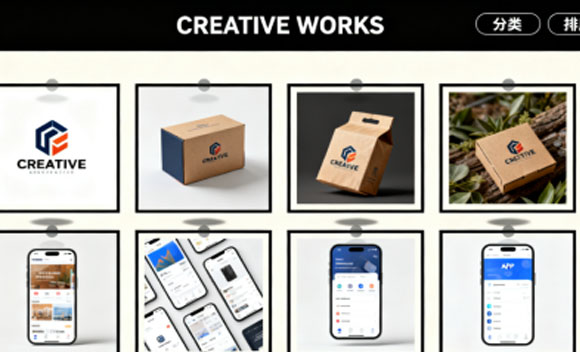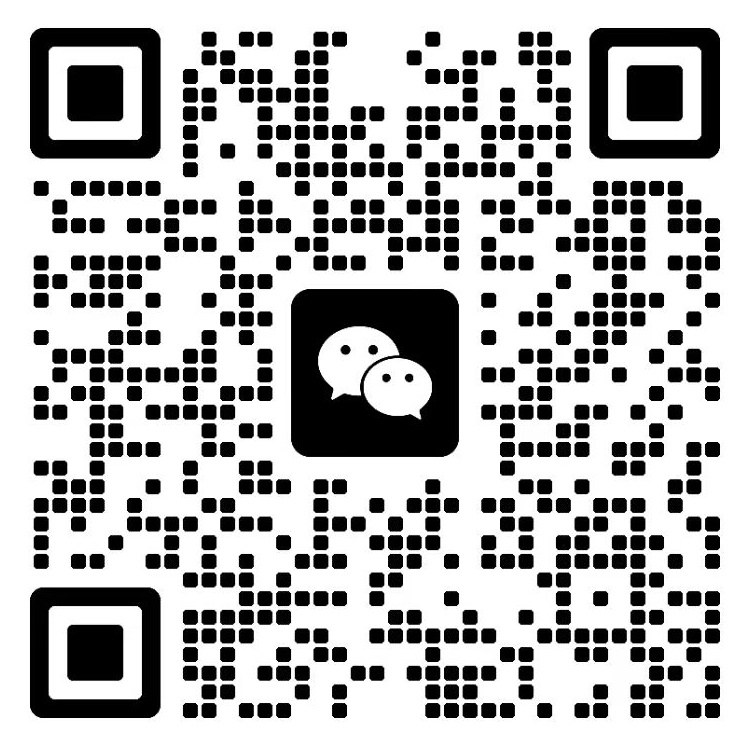For international students, finding suitable job opportunities quickly after returning home is crucial, and various job fairs are an efficient way to achieve this goal. These events typically bring together a large number of companies, institutions, and industry resources, providing international students with a platform to directly connect with employers. Before attending a job fair, international students need to do their homework in advance, checking the list of participating companies through official websites or promotional materials, and filtering out target companies that match their major and interests. For example, students studying digital media can focus on internet companies or creative studios, while finance students can target banks and securities institutions. During the preparation stage, it’s also necessary to optimize personal materials, including a concise resume, portfolio, or project case studies, ensuring that they clearly demonstrate the core skills and cross-cultural experience accumulated during their studies abroad.
Once at the job fair, making efficient use of time is key. It is recommended to prioritize visiting the booths of target companies and proactively communicate with company representatives. During communication, highlight the unique advantages brought by your study abroad experience, such as language proficiency, international perspective, or experience in multinational projects. If you find a position you like, try to secure an interview opportunity on-site or exchange contact information for follow-up. Meanwhile, pay attention to the recruitment information posted by companies. Some booths may offer on-site resume submission or preliminary interviews, which can significantly improve job search efficiency.
In addition to company booths, the industry forums, career planning lectures, and other supporting activities at the expo are also worth participating in. These activities can help international students quickly understand domestic industry trends, in-demand positions, and salary levels. For example, a forum on artificial intelligence may reveal the technical talent that companies are currently looking for, while career planning lectures may share resume optimization or interview skills. By participating in these activities, international students can more accurately position themselves in the job market.
During the expo, it is also important to observe the company culture. Through details such as booth layout and employee interaction methods, you can make an initial judgment on whether a company values innovation, teamwork, or employee growth. For example, if a technology company’s booth adopts an open design and encourages visitors to experience its products, it may reflect its emphasis on user experience and teamwork; if a design studio’s booth displays a large number of employees’ creative works, it may indicate that it encourages individual expression and innovative thinking. These observations help international students screen employers who align with their own values.
After the expo, it is crucial to promptly organize and collect the information. You can categorize and record company contact information, job requirements, and interview feedback, and set up a follow-up plan. For example, for companies you are interested in, send a thank-you email within three to five days, reiterating your strengths and expressing your willingness to join. Simultaneously, maintain contact through social media or industry communities, and pay attention to subsequent job postings or referral opportunities.
In short, international students who choose job opportunities through expos need to prepare in advance, make efficient use of on-site resources, follow up promptly on subsequent opportunities, and use keywords appropriately to enhance their competitiveness. This process not only quickly connects them with high-quality positions but also helps them gain a deeper understanding of the domestic job market, laying a solid foundation for their career development.







